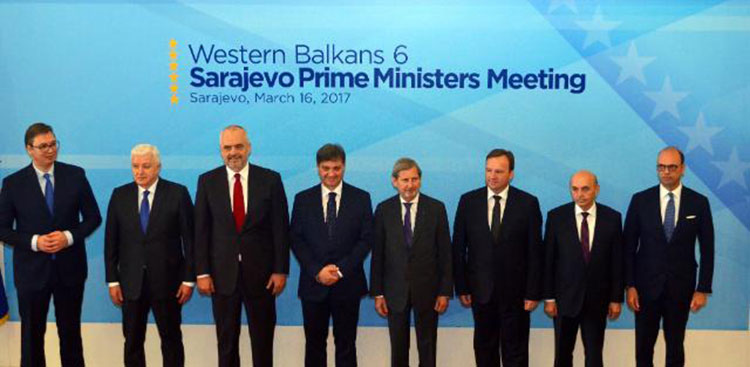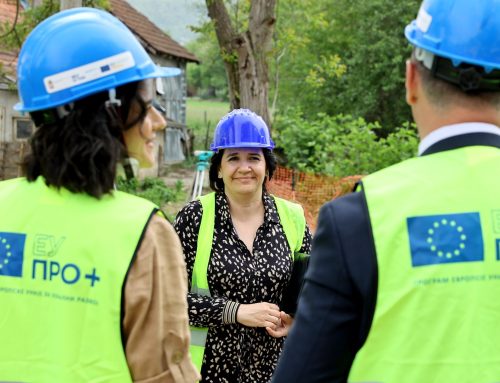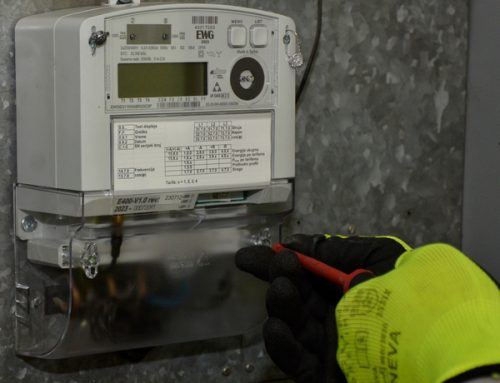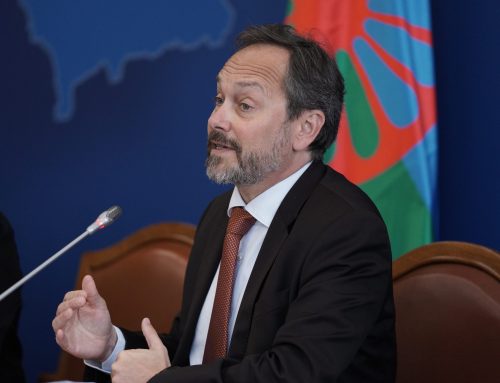European Enlargement Commissioner Johannes Hahn urged Western Balkans leaders not to miss a window of opportunity to establish strong mutual cooperation and work to create common market as a basis of future EU membership.
“It is time for the region to takeover the leadership role, to overcome issues affecting internal situations and not to miss opportunities for close cooperation,” Hahn said at the beginning of the WB Leader summit in Sarajevo.
Hahn urged WB Prime Ministers to show “statesmen leadership” and “set all sails” which is in the EU’s interest as well.
“Either the region as a whole picks up momentum and we generate a genuinely positive narrative or the stream of bad news slams the window firmly shut. We are all aware this is playing with fire,” Hahn said.
European Commissioner said that the EU as a whole fully understood the severity of the situation in the region and that European leaders understood the importance of cooperation with the Western Balkans countries, adding that Brussels confirmed WB countries’ European futures.
He said that economic integration of the region and the creation of common market were important for the process of EU integration.
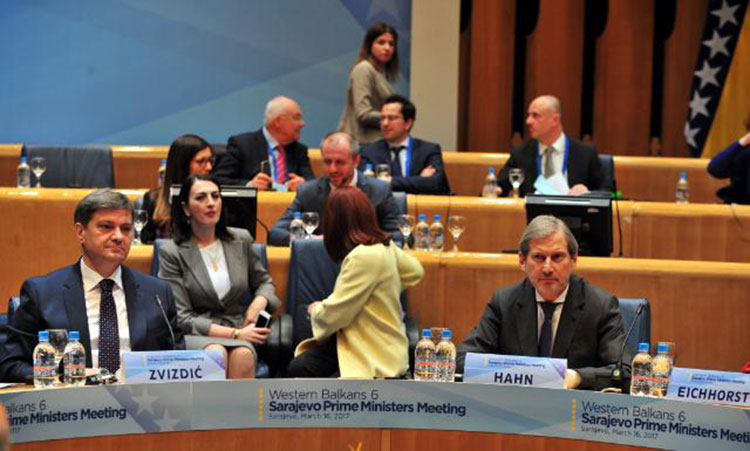
“We propose a common market as a basis for EU accession. Our ambition is to remove barriers and create a single space for economic development with a longer-term aim of integrating the Western Balkans common market into the EU’s single market,” Hahn said.
Economic development of the WB countries, he said, is very important in order for the countries in the region to become full-fledged members of the EU not only in legal terms, but also in terms of economic power.
In parallel, this would lead to a stronger rule of law, Hahn said and added that it would also send a clear message to investors who could find the market of 20 million consumers extremely attractive.
European Commissioner said that focus should be put on physical connectivity, the construction of roads, railways, connectivity of economic markets and even development throughout the region.
“Now is the time to expand agenda, to seek for solutions to increase the level of trade within the region. This should be one of the topics in Trieste; out Italian counterparts agreed with us on this,” he said.
“Exports from this region have nearly doubled, but I want to see even development within the region,” he said.
Hahn recalled that the post-1990s barriers in the Western Balkans have prevented trade and that time had come to take a look at exports.
“Your exports are competing against each other in the lower end of the value chains, instead of tackling this issue in concert,” he said.
“Economic performance of your countries is crucial in order to become full-fledged EU members. If we insist on economy, it will lead to a stronger rule of law. This is beneficial for both investors and citizens, as it allows them to rely on judiciary. Economy is the most important issue, the main condition to convince European citizens… What I propose is an essential part of EU integration, with the longer-term objective being to integrate WB common market into EU’s single market,” he said.
“We have to strive to further positive development,” he said.
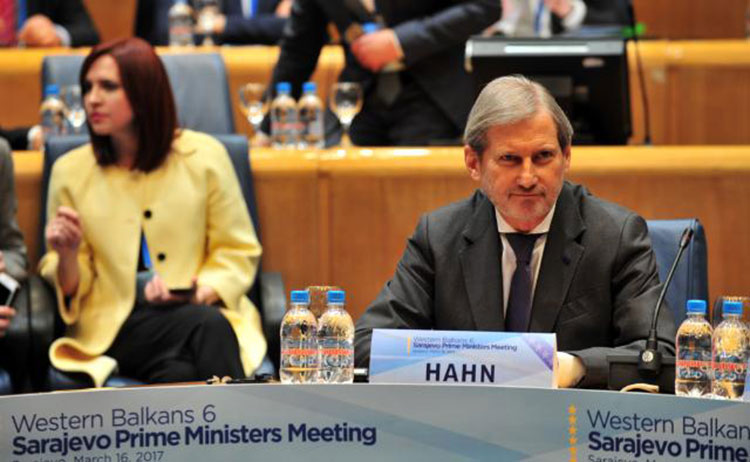 Once the common market is created, the region could be looking at up to 80,000 new jobs by 2025, if crudely extrapolate job creation from EU’s single market.
Once the common market is created, the region could be looking at up to 80,000 new jobs by 2025, if crudely extrapolate job creation from EU’s single market.
Those agendas should be linked to a more swift implementation of CEFTA agreement, he added. “I am ready to examine how better to exploit the growth opportunities provided by the Stabilisation and Association Agreements.”
At the Trieste summit we will announce a substantial increase in the budget of our Western Balkans Enterprise Development & Innovation Facility in particular, Hahn said.
The key is to push existing, traditional, industries, he said. “Everyone should be driving the process forward once the agenda is approved with CEFTA, the World Bank, chambers of commerce… Common Market will only work if you remove barriers to trade at all levels between your countries,” Hahn said.
“The Berlin Process is ongoing for the past three years. During that time we have reached agreements, held many meetings and adopted many statements and now we want to see tangible results. I have heard 12 concrete projects were ongoing in the area of energy and transport,” Hahn said.
He said that the next step was to organise more frequent meetings, such as the current summit, which sent a strong signal to both people in the region and EU citizens.
“We are meeting at a point when several of your countries are undergoing severe domestic political crises, sometimes heading towards serious ethnic tensions, that should be addressed among friends,” Hahn said and added that the region was supposed to prepare to become a part of the EU.
Brussels, on the other hand, sends “clear and strong signals to the region” and European leaders remain committed to this project, even though it sometimes seems that “they have halted their work on it.”
Hahn reminded that the EU relied on the Western Balkans durgin the migrant crisis, which is why the region enjoyed the support and understanding of many European countries.
European Commissioner congratulated Prime Ministers on their political commitment to meet today in Sarajevo and adopt a joint statement.
The Western Balkans summit in Sarajevo was hosted by the Chair of BiH Council of Ministers Denis Zvizdic, and participated in by Prime Ministers of Serbia Aleksandar Vucic, Montenegro Dusko Markovic, Macedonia Emil Dimitrijev, Albania Edi Rama, Kosovo Isa Mustafa and Italian Minister of Foreign Affairs Angelino Alfano.

